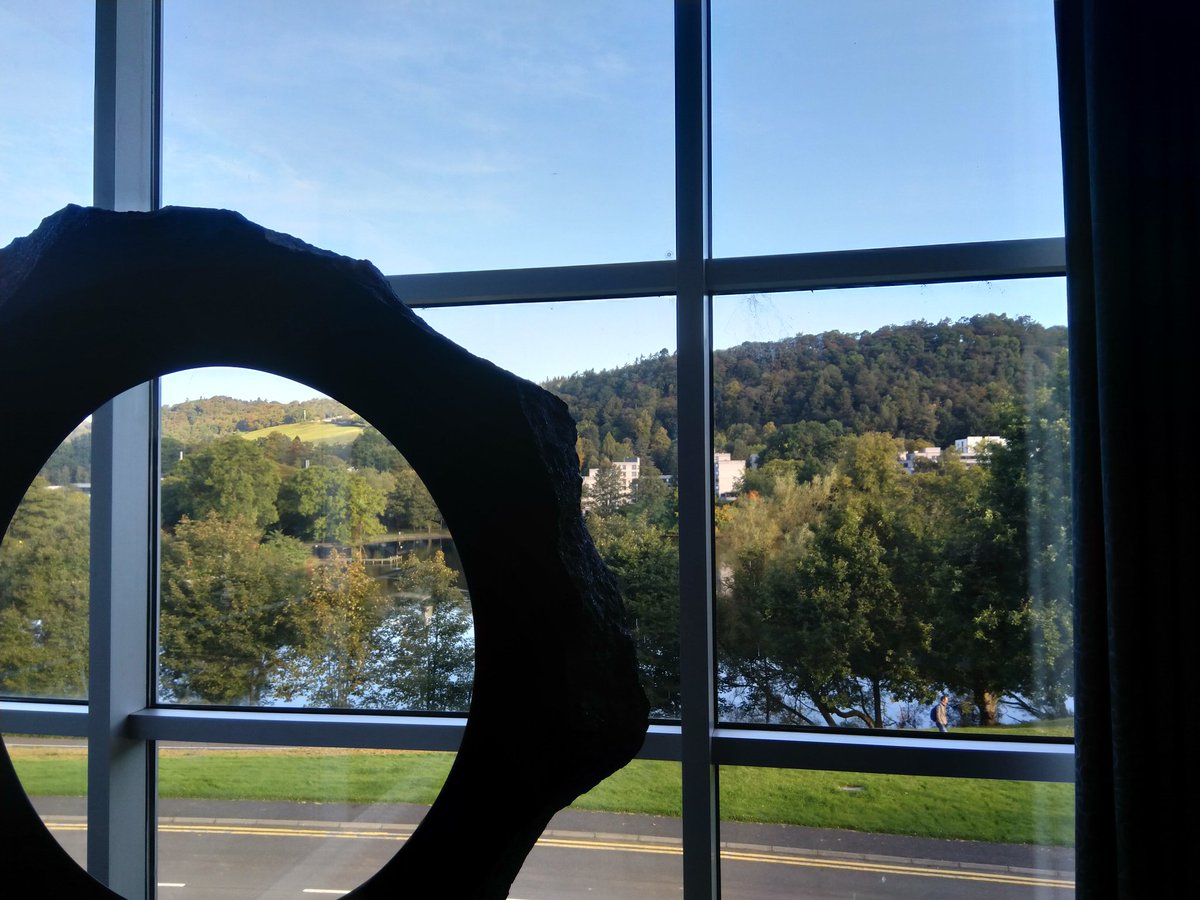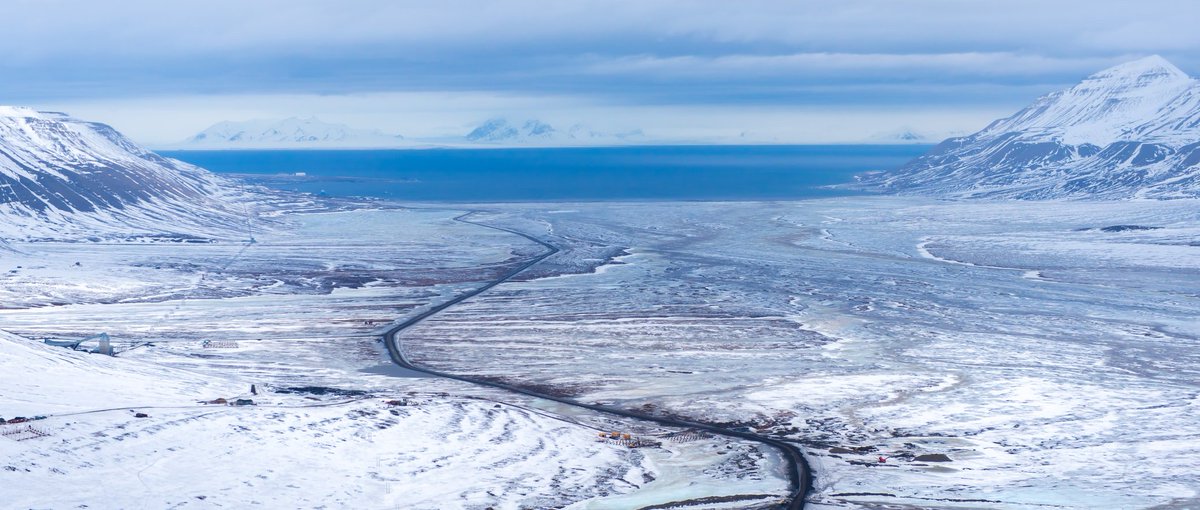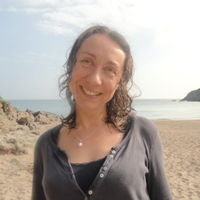
AtlanticPlastics
@atlanticplasti1
The Economics of Marine Plastic Pollution: What are the Benefits of International Cooperation? an ESRC funded UK-US research project
ID: 1177503524579463169
27-09-2019 08:42:26
18 Tweet
27 Followers
91 Following

"The Economics of Marine Plastics Pollution: What are the Benefits of International Cooperation?" is a UK-US collaborative research project funded by the Economic and Social Research Council, with partners at University of Stirling, University of Glasgow, Clark University and Plymouth Marine Lab.

Principal Investigator Frans de Vries, Professor of Environmental Economics at University of Stirling Stir Man School, outlines the objectives of this three-year project: bit.ly/2nalAr0

A beautiful autumn morning at Stir Man School University of Stirling to kick off our #marineplastics project. Prof Nicola Beaumont James Clark Dr Keila Meginnis TB




Our new study in #Ecological #Economics (ISEE) finds substantial willingness topay of Norwegian households to reduce #marineplastic #pollution in the #Arctic archipelago of #Svalbard: bit.ly/35lD4Bc Kayleigh Wyles Prof Nicola Beaumont PML Papers Plymouth Marine Lab



Today is my last day at Stir Man School. 🥲 I’m very sad to be leaving an amazing group of colleagues in the Economics Division and a beautiful campus at University of Stirling. Friends and colleagues, I fully enjoyed my time here and have learned a great deal!


Thrilled to announce that I have been appointed professor of environmental economics at HWR Berlin starting #today. Looking forward to exciting new tasks in #teaching and #research in vibrant #Berlin.



Encouraging news about potential international treaty to curb #plasticpollution in Guardian Environment. What such an agreement may look like is being examined by our AtlanticPlastics project - explicitly incl. #UK and #US. 1/2 bit.ly/2IGesgT Karen McVeigh Natural Environment Research Council Economic and Social Research Council

In particular, the AtlanticPlastics project looks at costs and benefits of action against plastic pollution across countries and so works out the incentives to join (or not) such an international coalition. Dr Keila Meginnis Prof Nicola Beaumont For info: empp.stir.ac.uk 2/2









